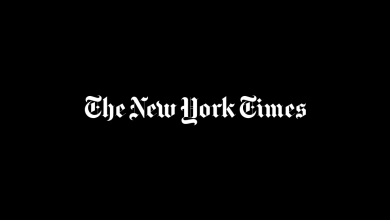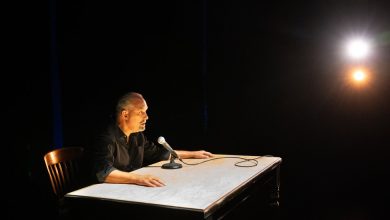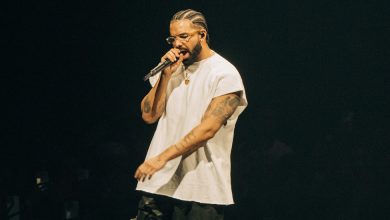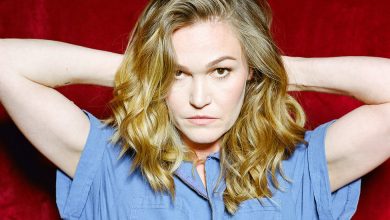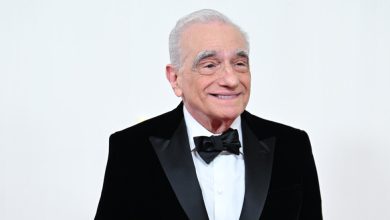Nations Agree to Refine Pact That Guides the Return of Nazi-Looted Art
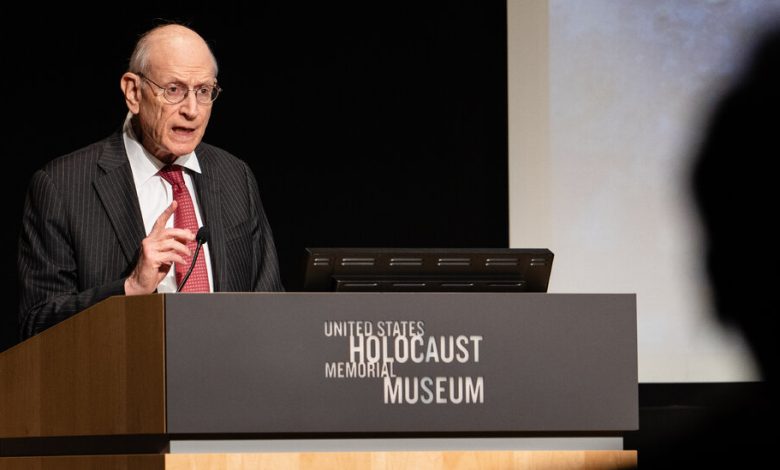
Twenty-five years after 44 countries endorsed the landmark Washington Principles on returning Nazi-looted art, a smaller group of nations led by the United States has signed an agreement designed to reinforce those guidelines by clarifying ambiguities that have allowed for differing interpretations and spurred disputes.
The new agreement, called “Best Practices for the Washington Principles on Nazi-Confiscated Art,” was presented Tuesday at a ceremony in Washington at the United States Holocaust Memorial Museum.
Since the Washington Principles were adopted in 1998, they have been credited with creating a moral framework that has greatly accelerated the return of art stolen, or sold under duress, during the Nazi era. Though the agreement is nonbinding, nations pledged to abide by 11 guidelines that seek to promote “just and fair” solutions in the settlement of restitution claims.
But there have been disagreements over how the principles should be interpreted and applied, and that led to some confusion and conflict.
For example, some interpreted that “just and fair” solutions would take into account the well-being of the current holder of stolen art, not just the family from whom it was taken. So, in the Netherlands, the panel that adjudicates restitution claims had used a “balance of interests” policy, in which the interests of claimants were weighed against those of Dutch museums that now held the works.
After fierce criticism, the Dutch government commissioned a review that led to the policy being scrapped in 2020.
